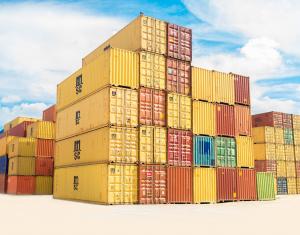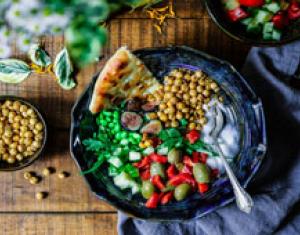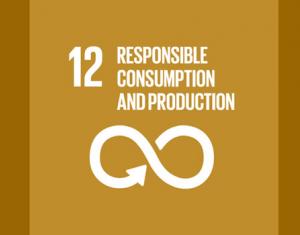Values are at the core of each production/consumption system and cycle, providing the basis for decision-making criteria and choices as to what products and services to produce as well as the practices and processes involved in each stage of the cycle, as the flow of productions and services move from investment of resources to production to distribution and finally to consumption, including the resulting flows of waste, energy, pollution and other impacts.
Read moreThe beginning of each production/consumption cycle is not the "consumer demand" of conventional economics, but rather the decision and investment of resources (e.g., financial, technological, intellectual, energy, labor) to produce and distribute a particular product or service. This decision may be based on valuing financial return on investment (thus the choice, for example, of more profitable high-end consumer needs over the needs of the poor), or the value of addressing environmental or social needs where degradation and suffering is acute). One key dimension and question is access to resources: What access to resources do people have? Who controls the majority of critical resources? Whose needs and interests are being served?
Read more
Production is that part of the cycle of flows where natural and human resources come together through intention, design, history, location and other factors in giving rise to a particular "good" to be sold, shared or otherwise distributed to a particular group of consumers presumably fulfilling a particular need or want. Sustainability strategies and policies target the negative impacts on local and other communities as well their contribution to global crises.

Many of the ongoing ideological and political controversies over different kinds of economic system focus on the distribution of goods and services, particularly over the failure to adequately address the problem of poverty and lack of access to basic goods and services , such as water and sanitation, healthcare, education. Strategies, policies and initiatives focusing on this stage of the cycle confront a wide range of areas: wholesale and retail systems, trade, transport, pricing, packaging, marketing, and advertising.

Consumption is often identified as THE most critical sustainability issue, with overconsumption of energy and natural resources, especially fossil-fuel dependent products, harmful chemicals and nonrenewable resources. Strategies often target individual consumer knowledge, values and personal behavior change although much of the consumption problem is systemic, making individual and household change difficult if not impossible. While some changes in practices and product choice is possible, overall sustainability transition requires significant changes in culture, politics and ideology and ultimately to the values and decisions taking place at the investment stage of the process.
The short video on the Plastic Pollution Crisis was produced by ISF in 2021.
/resources/plastic-pollution-crisis


